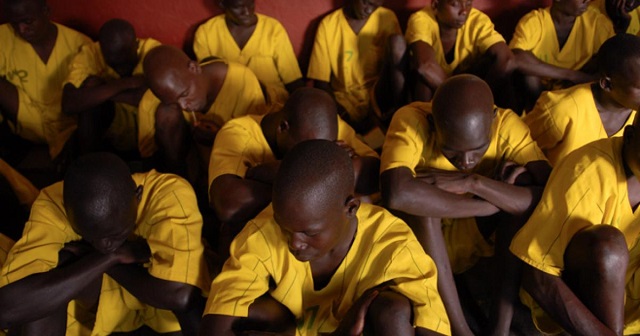
Kampala, Uganda | THE INDEPENDENT | The Uganda Prisons Service is seeking guidance on how inmates will participate in elections while incarcerated away from their places of origin or even areas where they are registered as voters.
This comes a day after high court Judge Lydia Mugambe ordered the government and the Electoral Commission to allow Ugandans in Diaspora and those in prison to participate in elections. The order was issued on the basis of a petition filed by lawyer Stephen Kalali on the basis that prisoners possess the fundamental and inalienable right to be registered as voters.
Kalali argued that the omission and exclusion of prisoners and Ugandans in the Diaspora from the voting amounts to segregation or discrimination and argued that being convicted, remanded or imprisoned cannot disqualify any Ugandan citizen from voting. He demanded that each of the prisons in Uganda be declared a registration and polling centre ahead of 2021 elections.
In agreement, Justice Lydia Mugambe stated that by excluding the said categories of people from voting, the Electoral Commission is acting contrary to the fundamental rights and freedoms enshrined in the Constitution. If successfully implemented, this will be the first time that prisoners and Ugandans in the Diaspora participate in elections.
But Prisons Service Spokesperson Frank Baine says that the decision presents a gap in the voting process. He says that the prison facility is hosting a number of convicts from different places where they are already registered as voters. Up to 55,229 people were held in prisons as at the end of 2019, according to records of by Ministry of Internal Affairs.
“We need guidance on how prisoners from Mbarara but now in Luzira will vote. Besides, many of the prisoners did not get chance to register because the were no laws allowing that at the time of registration,” Baine said.
According to the revised electoral roadmap issued by Electoral Commission chairman Justice Simon Byabakama early this week, Ugandans will vote for President and Members of parliament between January and February next year.
The right to vote, according to the constitution, is accorded to all nationals aged 18 and above. Similarly, the right to vote without discrimination is set out in the Universal Declaration of Human Rights which provides that everyone has the right to take part in the government of his country, directly or through freely chosen representatives. Although the declaration is not a treaty in itself, it is generally considered customary international law and therefore has binding status.
******
URN
 The Independent Uganda: You get the Truth we Pay the Price
The Independent Uganda: You get the Truth we Pay the Price





